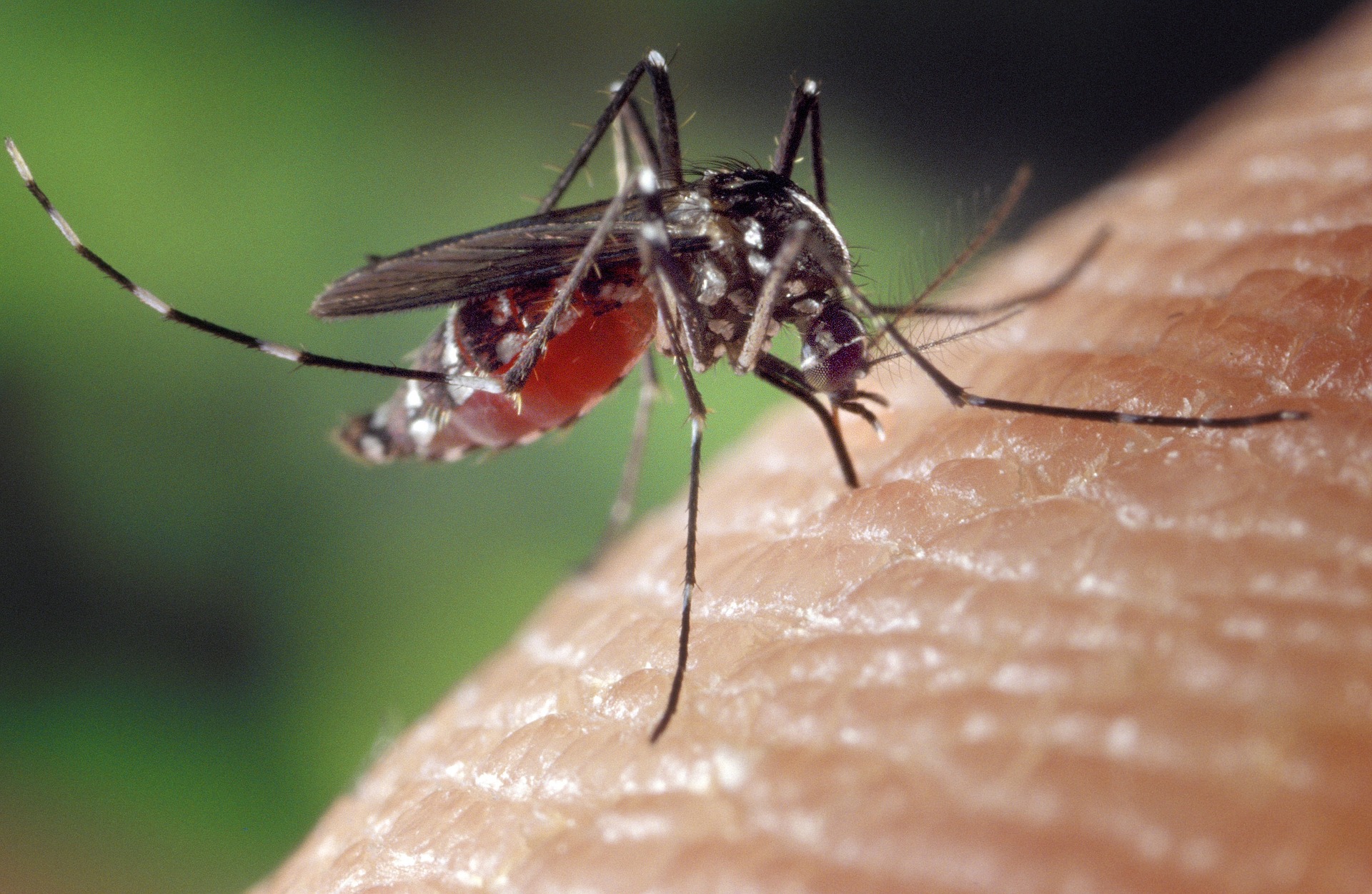
An international collaboration of researchers have developed a computational method to identify malaria parasites as they move around the world with their human hosts - key to measuring impact of elimination campaigns.
Led by University of Melbourne Professor Karen
Day, Laboratory Head at the Peter Doherty Institute for Infection and Immunity (Doherty Institute) and Bio21, the team collected parasites from 23 locations in 10 countries.Malaria is the world’s most deadly parasitic disease, killing over half a million people every year. It is hampered by drug resistance and the first recently developed vaccine offers only partial protection.
The team sequenced parasite DNA from 1,248 malaria infected patients and established a global database of 32,682 variant surface antigen genes, to track down to country level where parasites originated. Findings from the 10-year project were published in PLOS Genetics.
“In malaria, we have to deal with tens of thousands of variants in one endemic area. This database is a significant step forward in tracking those variants, and understanding how malaria is moving around the world,” Professor Day said.
“The impact of this is we can follow contemporary patterns of parasite migration in a cost-effective manner without having to sequence the whole genome. The signature of the past is very much visible in what we found but now we can see if anything changes. It gives us another window into how we can adapt parasite genomics to inform malaria surveillance.”
Professor Day said these evolutionary findings have translational implications in providing a diagnostic framework for geographical surveillance of malaria.
“It can also inform efforts to understand the presence or absence of global, regional and local population immunity to specific variants,” she said.
“Our next step would be to grow our database in the Asia -Pacific, with more collaborators and opportunities for regional training.”
An example of what Professor Day and her research team are striving towards is similar to ‘FluNet’, a global web-based tool for influenza surveillance by the World Health Organization.
“However, with malaria parasites being much more diverse we are talking about really big data,” she said.
This research was funded by the National Institute of Allergy and Infectious Diseases and Fogarty International Center, [Program on the Ecology and Evolution of Infectious Diseases (EEID)] both at the National Institutes of Health, USA and also supported by the University of Melbourne.


No comments:
Post a Comment